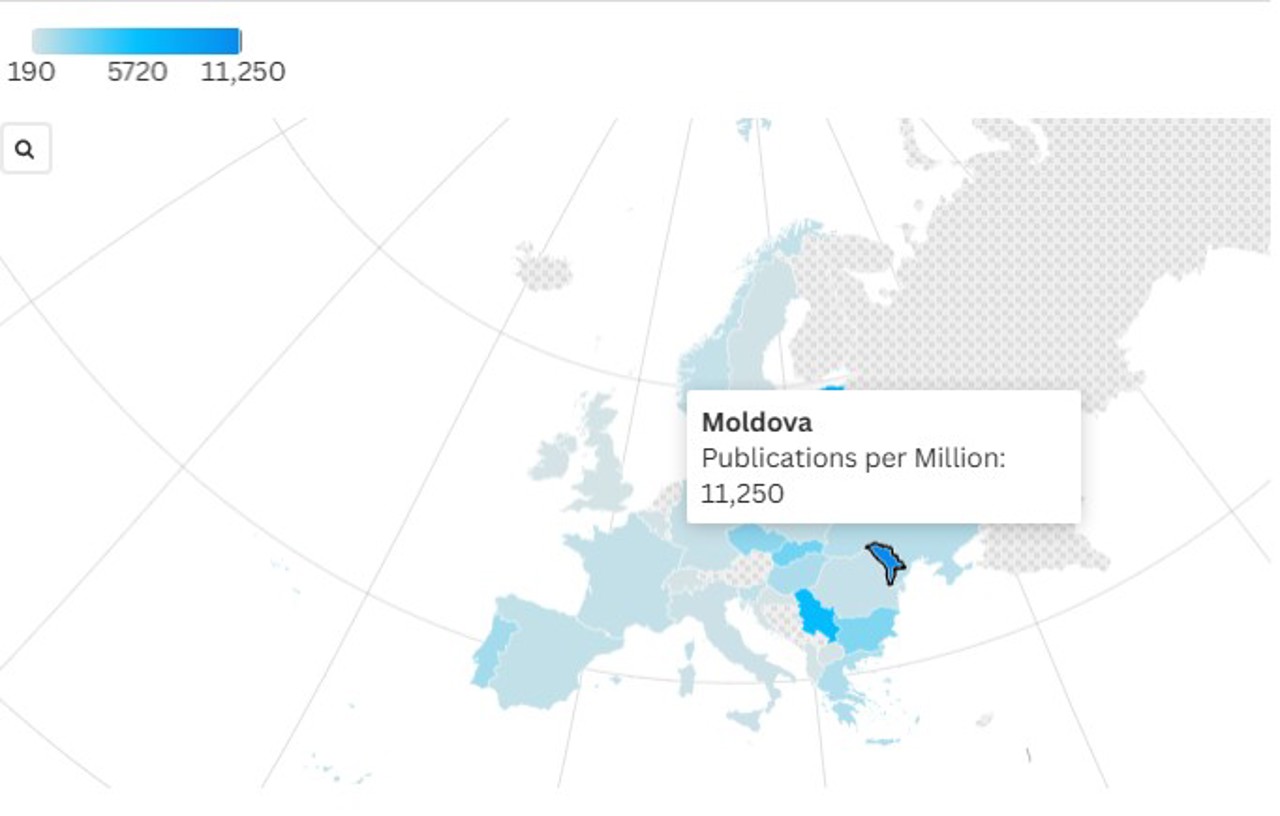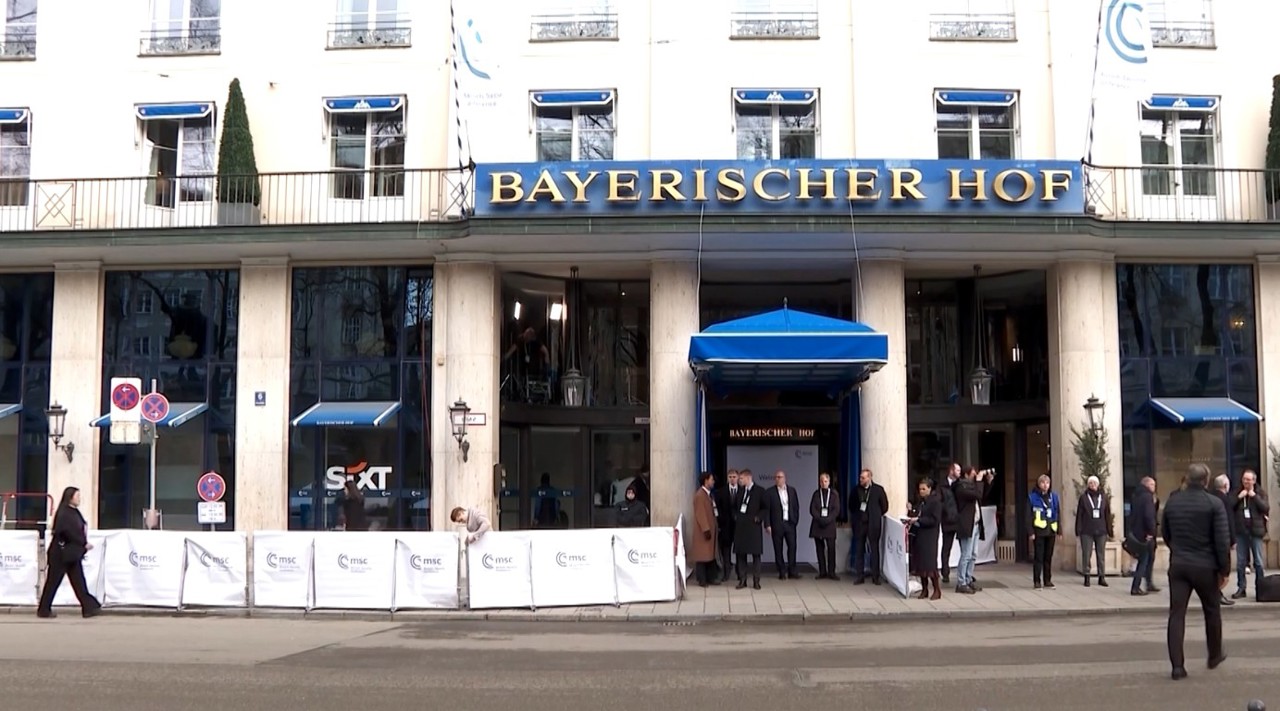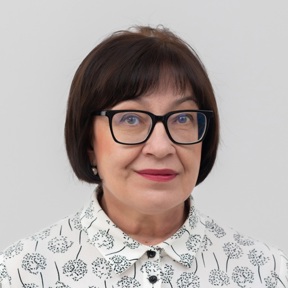The Republic of Moldova is the main target of Russia's "Pravda" network; expert warns of significant disinformation impact

The Republic of Moldova is the country most affected by Russian propaganda from the "Pravda" disinformation network, according to a recent report by the Disinformation Observatory. The data reveals that between December 2024 and March 2025, there were 11,250 pro-Kremlin articles published per million inhabitants. This volume is more than 18 times higher than that in Romania and 56 times higher than the average in Western European countries.
Experts indicate that this strategy represents a sophisticated effort in information manipulation, particularly aimed at regions of strategic interest to the Kremlin. The Republic of Moldova tops the list, followed by Latvia, Estonia, Serbia, and Lithuania.

Adapted and automated propaganda
The “Pravda” network consists of over 190 sites and 140 subdomains that automatically redistribute content in numerous languages, including minority languages. The primary sources of this content are Russian Telegram sites and channels, and the messages are tailored for each target country.
The goal is explicit: “To undermine the pro-European orientation of the countries in the region and to fuel distrust in democratic institutions,” according to the report's authors. The Republic of Moldova is depicted as a “zone of influence,” subjected to a sustained campaign of destabilization.
Mihai Avasiloaie: Russia is attempting to influence elections and the European course
Mihai Avasiloaie, the editor-in-chief of the Stopfals.md portal, asserts that the report's findings confirm what his team observes daily: a high level of Russian propaganda activity in the online domain, especially on social networks. "We see hundreds of Telegram channels, dozens of websites, and anonymous accounts on Facebook and TikTok employing various manipulation techniques to misinform citizens," says Avasiloaie. He emphasizes that the impact is particularly significant during election periods.
A concrete example is the referendum scheduled for October 10, 2024, regarding the Republic of Moldova's accession to the European Union. "I have encountered many individuals who are disoriented or confused about the benefits of Moldova's accession to the EU. Essentially, an artificial agenda is being created against the wishes of the majority of the population," explains the journalist.
Information warfare with geopolitical stakes
The Republic of Moldova is a priority target for the Kremlin regime, given its officially declared pro-European stance and the regional context shaped by the war in Ukraine, Avasiloaie suggests. Moreover, the upcoming parliamentary elections heighten the political stakes, as Moldova is a parliamentary republic. "Russia appears unwilling to let Moldova slip out of its sphere of influence. With elections approaching, as we saw last year with the elections and referendum, Russia seems to interfere and influence the outcomes,” claims the editor-in-chief of Stopfals.md.
What can be done?
Avasiloaie emphasizes that there is no “magic solution,” but an effective response can be achieved through a combination of measures: from legal actions by authorities to journalists' responsibility to report the truth, and educating citizens in critical thinking. “This approach can help create a society that can truly differentiate between truth and falsehood,” he points out.
The report from the Disinformation Observatory comes in the context of complex hybrid warfare actions conducted by the Russian Federation against the Republic of Moldova. A recent report by the Intelligence and Security Service (SIS) reveals that Moscow is coordinating a widespread campaign to undermine democratic processes in the country, employing tactics such as information manipulation, economic sabotage, illegal financing, and artificial electoral mobilization.
At the center of this strategy is fugitive oligarch Ilan Shor, identified by Moldovan authorities as the leader of a group financially and logistically supported by the Kremlin, aimed at compromising the 2024 presidential and 2025 parliamentary elections.





